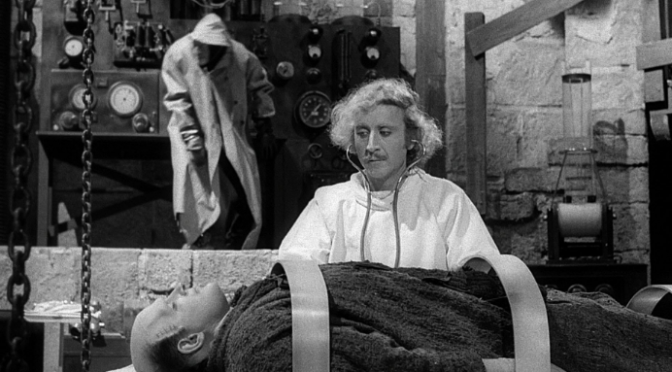For someone whose most iconic character was a curmudgeon with an underlying heart of gold, Gene Wilder (or, to select parties, Jerome Silberman) himself was a man of an affable sort. His good fortune in rising to fame stemmed, in large part, from allying himself with Mel Brooks for his first major role in 1968’s The Producers. From there, Wilder’s natural charisma and over-the-top onscreen personality segued into what most consider his greatest role, Willy Wonka, in 1971’s Willy Wonka and the Chocolate Factory.
Wilder as Wonka makes a resonant political statement about the nature of child-rearing in the twentieth century, one that continues to extend to the present day. Accordingly, Willy Wonka’s disappointment in the state of child behavior only becomes further pronounced when the winner of his five golden tickets (which give each recipient the opportunity to win a private tour of the factory given by Wonka himself) turn out to be the spoiled Veruca Salt (Julie Dawn Cole), Violet Beauregarde (Denise Nickerson), an American who chews her gum with according gusto, Augustus Gloop (Michael Bollner), a rotund German boy, and Mike Teevee (Paris Themmen), appropriately obsessed with watching TV. The only person of note to Wonka is Charlie Bucket (Peter Ostrum), a boy who actually displays genuine interest in the goings-on of the factory.
As Wonka becomes comically vexed throughout the narrative, Wilder’s larger than life delivery imbues the iconic character with an unforgettable cachet that proves the only answer to the question, “Who can take the sunrise and sprinkle it with dew?” is Wilder himself. His knack for comedy is summed up by his belief that a scene should be made as real as possible, rather than as funny as possible–for there is nothing more grimly hilarious than reality. His own history of a somewhat frazzled state of existence made him ideal for the role of “Frahnkin-steen” in yet another Mel Brooks picture in 1974, Young Frankenstein. The one-two punch of this and Blazing Saddles in the same year transformed Wilder into a maestro of the genre.
Like so many symbiotic actor-director relationships (e.g. Scorsese and DiCaprio, Burton and Depp), Wilder was always at his best when he was in front of the camera for Brooks. And later, he would also be at his best with third wife and Saturday Night Live goddess Gilda Radner. The duo’s collaboration on Hanky Panky, The Woman in Red and Haunted Honeymoon were among Wilder’s most underrated works.
As the 1980s came to a close, it seemed as though there was no more place in the industry for a talent as pure and flamboyant as Wilder’s, making his final film 1991’s Another You–though he did make a memorable appearance on two episodes of Will & Grace in 2002 and 2003 as Mr. Stein.
Wilder’s premature retirement from the entertainment world stemmed from the revelation that “I don’t like show business, I realized… I like show, but I don’t like the business.” His retreat from the spotlight to Stamford, Connecticut made him all the more respectable. And yes, he will always be remembered as Willy Wonka, the candyman who could “make the world taste good.”




















